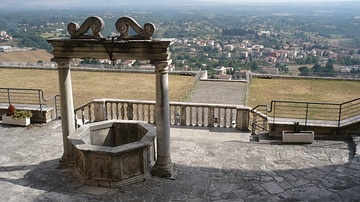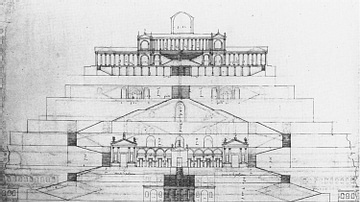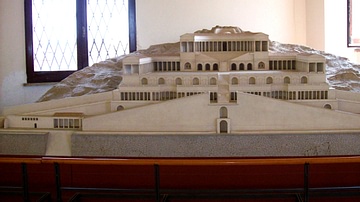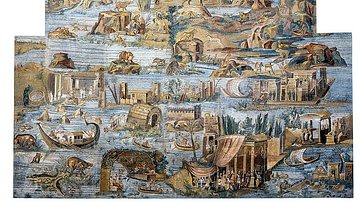Video
Cite This Work
APA Style
Manfredi, L. (2020, November 19). The Sanctuary of Palestrina - Santuario della Fortuna Primigenia (manortiz). World History Encyclopedia. Retrieved from https://www.worldhistory.org/video/2191/the-sanctuary-of-palestrina---santuario-della-fort/
Chicago Style
Manfredi, Luigi. "The Sanctuary of Palestrina - Santuario della Fortuna Primigenia (manortiz)." World History Encyclopedia. Last modified November 19, 2020. https://www.worldhistory.org/video/2191/the-sanctuary-of-palestrina---santuario-della-fort/.
MLA Style
Manfredi, Luigi. "The Sanctuary of Palestrina - Santuario della Fortuna Primigenia (manortiz)." World History Encyclopedia. World History Encyclopedia, 19 Nov 2020. Web. 15 Apr 2025.




